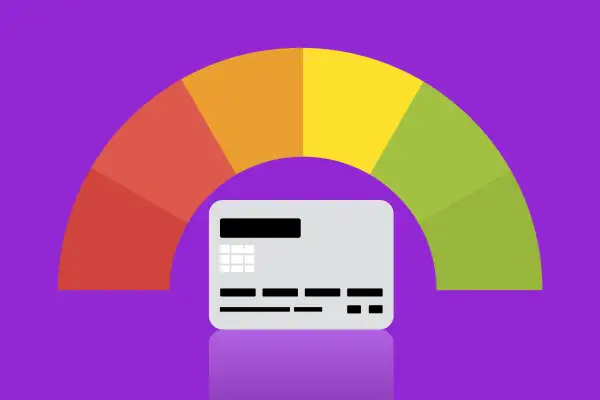Why Your Credit Score May Fall in 2020 — Even If You Pay Your Bills on Time

If you have a less-than-stellar credit score, a growing pile of debt, or are closer to maxing out your credit cards than you are to paying them off, you could soon see a surprise ding to your FICO score.
Fair Isaac Corp., the company behind the closely-followed score, announced Thursday that it will start incorporating rising debt levels into its model going forward — one of a series of moves the company predicts could drop the scores of about 40 million people, according to CNBC. Consumers with scores below 600, a history of defaults, and other black marks on their credit report are most likely to suffer declines, although some consumers could see scores rise.
FICO rejiggers its scoring model every few years to reflect changes in consumer behavior. The last time this happened, in 2014, the changes were widely regarded as a boon to consumers who have traditionally struggled to secure mortgages and pay off existing loans.
But surging consumer debt, the growing popularity of personal loans, and an economy that seems primed to slide into a recession have sparked uncertainty about the creditworthiness of American borrowers. Lenders who use FICO's new scoring system could see 10% fewer defaults among new bank card accounts, according to a statement from the company.
“There are some lenders that see there are problems on the horizon in terms of consumer performance ..." David Shellenberger, vice president of scores and predictive analytics at FICO, told the Wall Street Journal, which first reported the news. “We definitely are finding pockets of greater risk.”
The new system will be available to lenders through credit reporting agencies this summer, FICO says. In the meantime, here are some of the factors that could have more of a negative impact on your score in 2020 than in past years:
-If you've missed payments on loans, credit card bills, and other types of debt — particularly in the last 12 months
-If your debt balance has risen over the last two years
-If you've signed up for a personal loan
-If you have a high "credit utilization ratio;" the amount you've borrowed compared to your credit limit
More From Money
How to Get Items Removed From a Credit Report
The Best Credit Card For People With Bad Credit
How to Buy A House with Weak Credit
